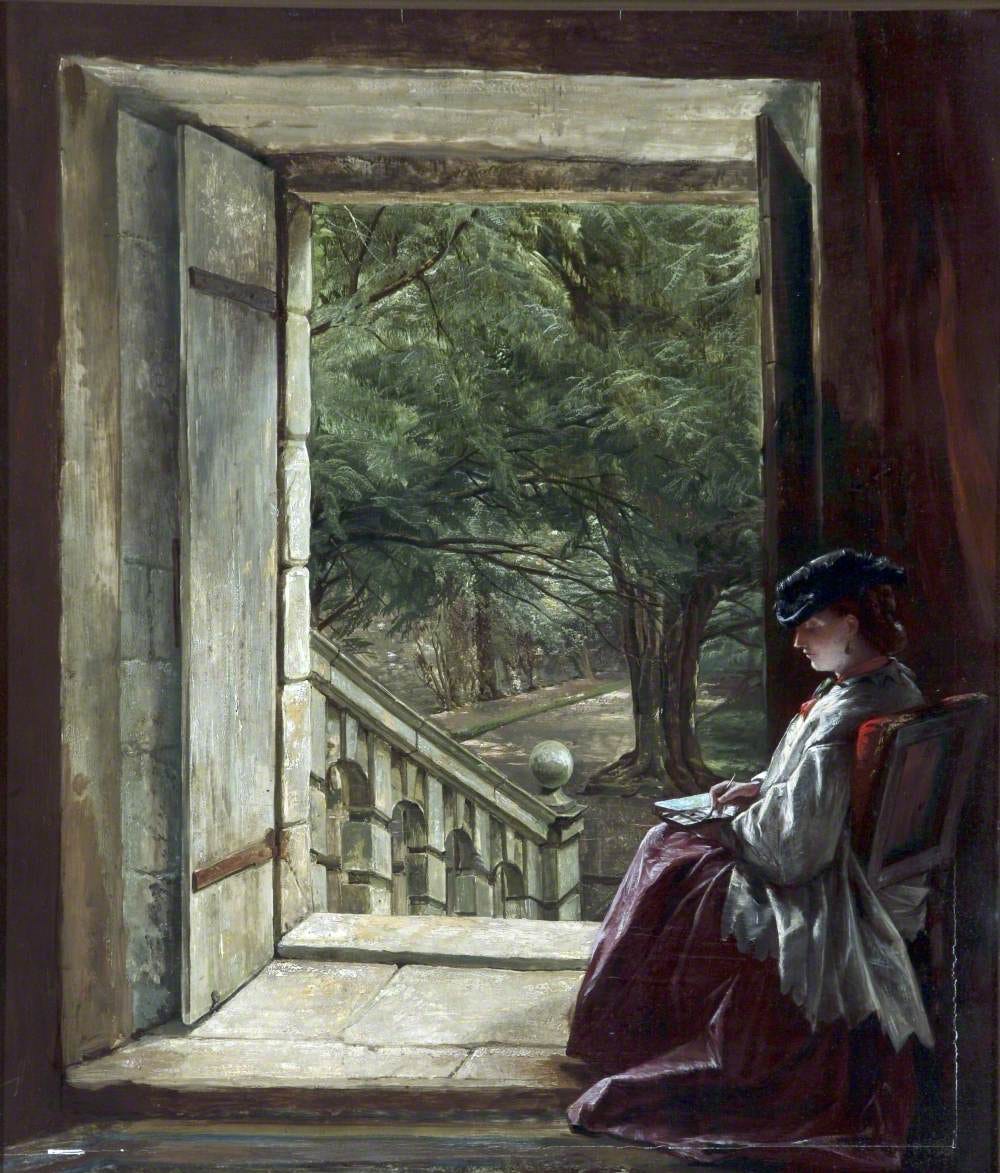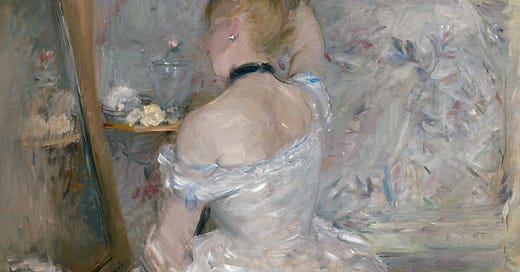Finally, after five months of my life during which I could write nothing that would have satisfied me, and for which no power will compensate me, though all were under obligation to do so, it occurs to me to talk to myself again. Whenever I really questioned myself, there was always a response forthcoming…
From Franz Kafka’s diaries
Talking to myself has often helped me gather strength. Writing to (for) myself, even more so. (Tipping my hat to Joan Didion’s famous “I write entirely to find out what I’m thinking…”) Whenever I feel stuck, the only one who is always there to listen, to offer strength and to help me continue is indeed my own self. This is true in everyone’s lives and it works best for those of us who acknowledge it.
But often, the voice from deep within gets drowned by the cacophony of the devils we’ve allowed to live above it. On this, you may agree with me. For there isn’t just one inner self, but many. One might encourage us, calm us but there’s always another voice putting us down, warning us of the worst possible outcomes, and always keeping us on the edge. And at every instant we must know which one to listen to, which one to silence.
While there’s complexity involved when it comes to listening to the (right) inner voice, here’s Virginia Woolf writing about another challenge in one of her essays. — the rift between the inner and the outer voice.
This soul, or life within us, by no means agrees with the life outside us. If one has the courage to ask her what she thinks, she is always saying the very opposite to what other people say.
How very true! Dubbed as “the mind voice”, this commentary from the inside always disagrees with all that is being said out loud on the outside. Talking to ourselves, however, is when we can try and be the most honest. It is when we can try to get the inside agree with the outside or vice versa. Make them question each other to gain more clarity on anything that may ail you.
Here, I was reminded of what Rilke wrote in one of his letters (Letters to a young poet) about “living the questions”. “Be patient toward all that is unsolved in your heart and to try to love the questions themselves,” he writes. We must have patience to pursue these unsolved questions and wait for ourselves to arrive at the answers, sometimes unknowingly. I think talking to the self is an important tool to help achieve this.
It should only trouble you when you stop talking to yourself. When you try and mute the voice on the inside, that is when things could get out of hand. The more the distance you put between your inner self and the self known/accessible to outside world, the more tricky the situation can get. That is when you’ve let your problems snowball into something bigger.
In Tamil literature, there’s the concept of agam (inside) and puram (outside). Sangam literature has collections of poems categorised into agananooru (400 poems on the aspect of agam) and purananooru (400 poems on the aspect of puram). It is interesting to learn that such categories have been well thought out and gifted to us in the form of poems and stories hundreds of year ago.
Like the small hole by the path-side something lives in Like the small hole by the path-side something lives in, in me are lives I do not know the names of, nor the fates of, nor the hungers of or what they eat. They eat of me. Of small and blemished apples in low fields of me whose rocky streams and droughts I do not drink. And in my streets—the narrow ones, unlabeled on the self-map— they follow stairs down music ears can't follow, and in my tongue borrowed by darkness, in hours uncounted by the self-clock, they speak in restless syllables of the other losses, other loves. There too have been the hard extinctions, missing birds once feasted on and feasting. There too must be machines like loud ideas with tungsten bits that grind the day. A few escape. A mercy. They leave behind small holes that something unweighted by the self-scale lives in. - Jane Hirshfield From 'The Beauty Poems'
I recently read Ann Patchett’s ‘What Now?’ A very short book, if you can call it that, that was actually her commencement speech given at her alma mater in 2006. We are constantly being asked and also asking ourselves “what next?”. This question is heavy. How to know what comes next at all times? Ann makes excellent observations that helped me unravel a little. “What now is not just a panic-stricken question tossed out into the dark unknown,” she says. “What now can also be our joy. It is a declaration of possibility, of promise, of chance.”
I encourage anyone who finds themselves at any junction/crossroads in life to read this. I wanted to share a few highlights from her speech that I really liked, sans commentaries.
Coming back is the thing that enables you to see how all the dots in your life connected, how one decision leads you to another, how one twist of fate, good or bad, brings you to a door that later takes you to another door, which, aided by several detours — long hallways and unforeseen stairwells — eventually puts you in the place you are now.
Sometimes the circumstances at hand force us to be braver than we actually are, and so we knock on doors and ask for assistance. Sometimes not having any idea where we’re going works out better than we could have possibly imagined.

It was for me the start of a lesson that I never stop having to learn: to pay attention to the things I’ll probably never need to know, to listen carefully to the people who look as if they have nothing to teach me, to see school as something that goes on everywhere, all the time, not just in libraries but in parking lots, in airports, in trees.
It helps you if you can realize that this part of life when you don’t know what’s coming next is often the part that people look back on with greatest affection.
The idea was thar we should not accidentally wind up with too grand an opinion of ourselves, and frankly I regard this as sound counsel.
I came to understand that fiction writing is like duck hunting. You go to the right place at the right time with the right dog. You get into the water before dawn, wearing a little protective gear, then you stand behind some reeds and wait for the story to present itself. This is not to say you are passive. You choose the place and the day. You pick the gun and the dog. You have the desire to blow the duck apart for reasons that are entirely your own. But you have to be willing to accept not what you wanted to have happen, but what happens. You have to write the story you find in the circumstance you’ve created, because more often than not the ducks don’t show up.
If you’re trying to find out what’s coming next, turn off everything you own that has an OFF switch and listen. Make up some plans and change them. Identify your heart’s truest desire and don’t change for anything. Be proud of yourself for the work you’ve done. Be grateful to all that people who helped you do it. Write to them and let them know how you are. You are, every one of you, someone’s favorite unfolding story. We will all be anxious to see what happens next.
This letter, my dear, has been in my drafts for months. Sometimes I would just add a sentence and leave. Sometimes I would come back and cut everything down except for the diary entry. It has been a struggle, let me tell you, for me to send this to you. Although I have so much to say, I won’t. I will stop here. I hope my next isn’t as painful as this one has been.
Love,
A




